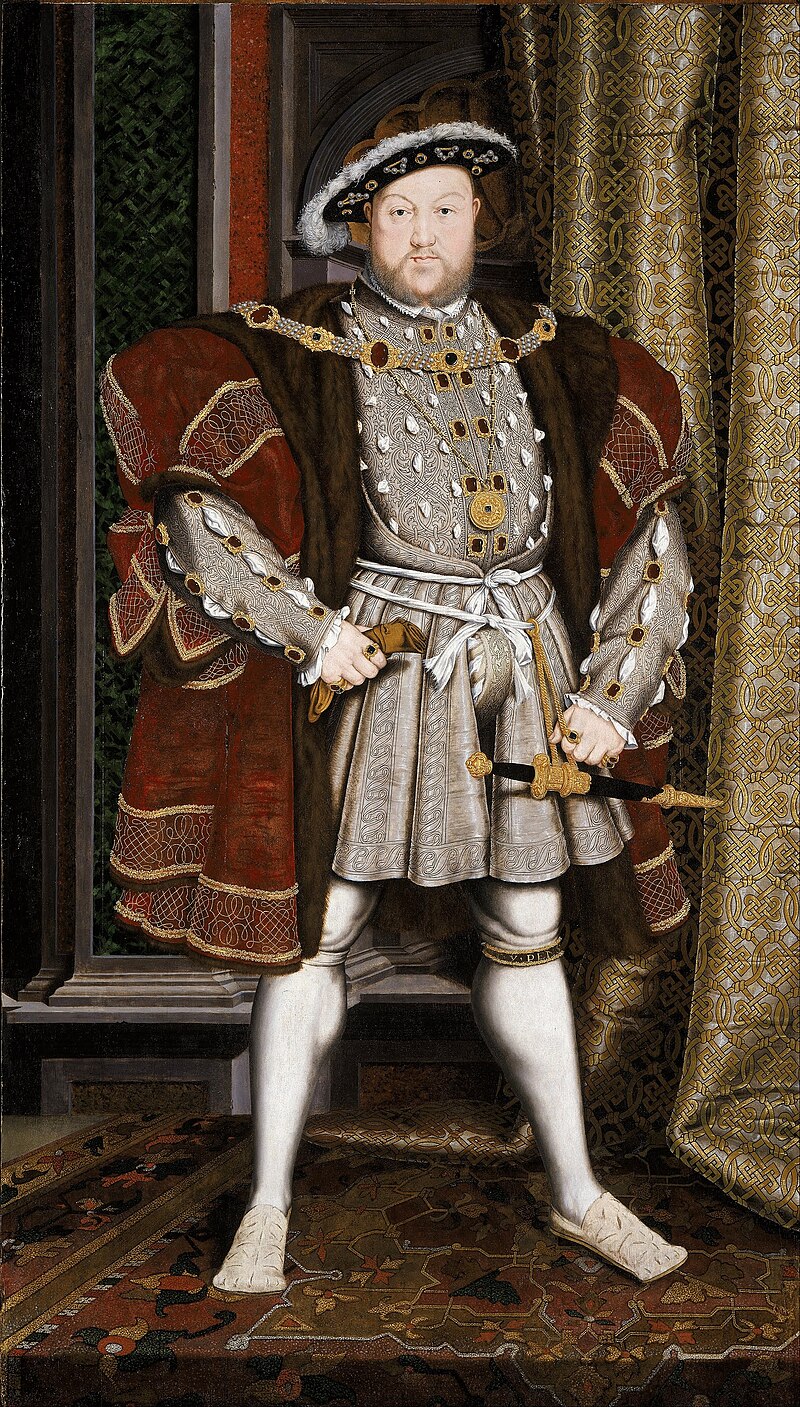Previously posted on January 30, 2021. I´m not sure where I stand on the Reformation, but this is one possible (negative) interpretation.
For quite some time, I defended the idea that the Protestant Reformation was "objectively historically progressive" and a "precursor to the bourgeois revolution". But is this really correct?
One problem with the idea of something being "objectively progressive" is that this can be known only with centuries of hindsight. In other words: it can't be known. This is no problem for Marxism, which has borrowed the idea of a teleological "cunning of reason" (or history) from Hegel (really a pantheistic version of Divine providence). And of course Marx claimed to live during a time when the future finally *could* be divined by looking at the present, thus "knowing" that socialism would be the next stage in human development. Except, of course, that he couldn't.
If the Hegelian-Marxist perspective is rejected, how can we *then* talk about something being "objectively historically progressive"? It can only be based on observing the past and the present, not by trying to divine some mysterious "laws" or providence in (future) history.
What actually happened during the Reformation? The most obvious thing was that the kings no longer accepted any authority higher than themselves (such as the papacy) and strenghthened the central state power. Royal power became absolutist, and the state tightly controlled both politics and the economy. The nobility or aristocracy was the dominant class in society.
Put this way, the Reformation suddenly doesn't feel so radical anymore, does it?
Note also that *exactly the same processes* were at work in the Catholic nations, most notably France. Other similarities between Protestant and Catholic nations are equally glaring, such as colonialism, the trans-atlantic slave trade, and the settling of the Americas after the demographic collapse there.
Presumably, this was also "objectively historically progressive". Or nah?
Both Protestant and Catholic nations could be extremely intolerant of religious dissent. There were also exceptions - on both sides. Protestant Holland and England were (sometimes) tolerant, but so were Poland and Rudolf II's famous court at Prague. James II was technically more tolerant than William of Orange! Nor was there any particular difference in scientific or technical developments, despite the meddling of the Inquisition.
I suppose you could argue that the few "democracies" during this period were Protestant. However, pre-20th century democracy was very relative. That Catholicism is compatible with such democracy is proven by the Middle Ages. Spain had the first parliament. And what about the Italian city-states?
It's true that the most radical currents during the Reformation were Protestant, but they were condemned by the moderate reformers. Luther's attack on the German peasant uprising is notorious. Also, the radicals were frequently inspired by mysticism and occultism, making me wonder how "Protestant" they really were? It's also ironic to note that the most succesful peasant revolt in Sweden, the Dacke War, was Catholic!
What exactly *was* the Protestant Reformation? Was it really a geopolitical struggle between northern and southern Europe? Or had it something to do with culture? Isn't it strange that Protestantism was strongest in the Germanic lands, while all Romance nations (except Romania) remained mostly Catholic? Note also the strangely anomalous position of France with its Gallicanism, Machiavellian alliances with Protestant nations, etc.
Perhaps the Reformation was really a revival of the Germanic spirit during a period marked by famine, pestilence, depopulation and the Little Ice Age. Not to mention international competition for those objective progressive slave-markets. Since it did shake the system, popular rebellions for a while dressed up as Protestant.
Until they didn't. And the world moved on...

No comments:
Post a Comment